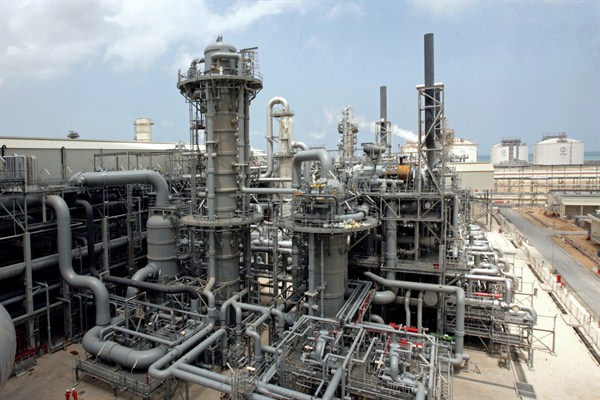The tiny Persian Gulf monarchy of Qatar announced its intention to withdraw from OPEC earlier this month, after 57 years as a member of the cartel of major oil-producing nations. The move, which will go into effect on Jan. 1, is expected to have little impact on energy markets, as Qatar, which is rich in natural gas, exports a very small amount of oil. But it risks worsening Doha’s ongoing diplomatic row with some other Gulf Arab monarchies. In an email interview with WPR, Jim Krane, an energy studies research fellow at Rice University’s Baker Institute for Public Policy in Houston, discusses the backdrop to Qatar’s exit from the cartel, its regional implications, and the future viability of OPEC.
World Politics Review: Why did Qatar decide to leave OPEC now, after nearly six decades as a member?
Jim Krane: To start with, Qatar was almost irrelevant to OPEC, because Qatar’s oil production has been in decline recently and it was a tiny oil producer to begin with. It produces less than 600,000 barrels per day—down from nearly 900,000 in 2008—which places it on the low end of OPEC member states. A single shale basin in South Texas, the Eagle Ford, produces more than twice as much oil as Qatar.

